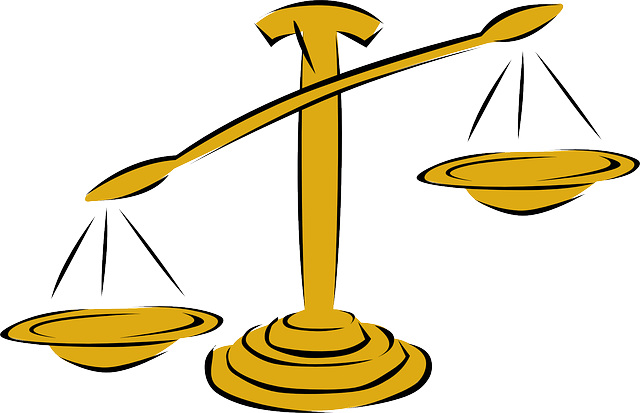 Soon after the close of each year’s legislative session the governor signs dozens of bills into law. The public typically hears about these new laws at the three main stages when the media can report a concrete story. First we read about a bill being introduced in the house or senate, which is usually in January. Then there’s an article or two about the bill’s passage by the General Assembly a couple months later, and finally we hear about the governor signing on the dotted line in the spring. After the governor signs the bills there is a yearly downtime that usually lasts about six months until the fall when the laws go into effect. In some years there is no buildup to the October 1st effective date because the new laws simply don’t generate enough interest. This year is not one of those years. It’s the criminal laws that often receive the most attention, and in 2014 there were a host of them that the public and media were following. No new law has received as much press as marijuana decriminalization, and although as times it seemed like a pipedream, as of today we can officially say it is not a crime to possess less than 10 grams of pot in Maryland.
Soon after the close of each year’s legislative session the governor signs dozens of bills into law. The public typically hears about these new laws at the three main stages when the media can report a concrete story. First we read about a bill being introduced in the house or senate, which is usually in January. Then there’s an article or two about the bill’s passage by the General Assembly a couple months later, and finally we hear about the governor signing on the dotted line in the spring. After the governor signs the bills there is a yearly downtime that usually lasts about six months until the fall when the laws go into effect. In some years there is no buildup to the October 1st effective date because the new laws simply don’t generate enough interest. This year is not one of those years. It’s the criminal laws that often receive the most attention, and in 2014 there were a host of them that the public and media were following. No new law has received as much press as marijuana decriminalization, and although as times it seemed like a pipedream, as of today we can officially say it is not a crime to possess less than 10 grams of pot in Maryland.
Instead of being classified as a misdemeanor with a maximum penalty of 90 days in jail, possession of less than 10 grams is now a civil infraction with a maximum fine of $100. These civil citations will not appear in the public judiciary case search, an easily accessible online database that lists a person’s criminal offenses, recent traffic citations, and other civil violations such as possession of an open container. A person who receives a civil citation for possession will not be required to produce identification, and there will be no database for police to check whether a person is a repeat offender. This is in spite of the fact that under the statute the fines for repeat offenders can increase up to $500. Some police departments, including the Baltimore County Police, have instructed their officers to refrain from searching people who are suspected of having small amounts of marijuana on their person, which basically sends the message that if it’s not a crime we don’t want to deal with it. This is a step in the right direction because police clearly have more important issues on their plates. There are still numerous flaws in the decriminalization law, but none is more glaring than the fact that possession of paraphernalia is still a criminal offense. Basically anything can be classified as paraphernalia including the baggies that hold small amounts of pot, but police departments including the Baltimore City Police have told their officers to ditch the marijuana paraphernalia citations.
There were a few other laws that went into effect today, which were greatly overshadowed by marijuana decriminalization. It is now a crime in Maryland to post sexual images or videos of a prior sexual partner, if the intent of doing so is to harass or embarrass that partner. A violation of the so-called revenge porn statute could result in a maximum 2-year jail sentence and a $5,000 fine. This law is sure to face some First Amendment challenges down the road, but it will likely take a conviction and an appeal for that to happen. Other new laws that went into effect today include enhanced penalties for causing an auto accident while being distracted by a cell phone, which now carries up to a 1 year jail sentence, and driving under the influence if a minor is in the car. There are also now stricter laws aimed at reducing the number of contraband cell phones in jail facilities, a law that no doubt was enacted in response to the Baltimore City Detention Center scandal.
The Blog plans to post a follow up article on the decriminalization law, as we expect numerous newsworthy bumps in the road ahead. As always if you would like to consult with a criminal defense attorney about your case or someone else’s case contact Benjamin Herbst at 410-207-2598.
 Criminal Defense Lawyer Blog
Criminal Defense Lawyer Blog

